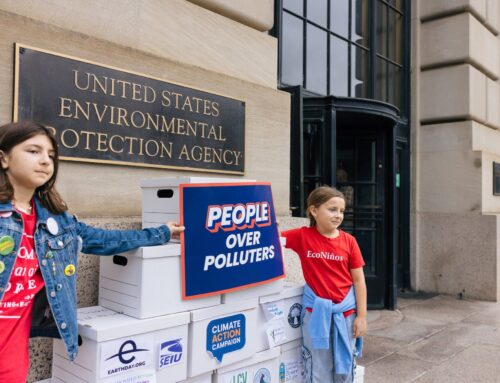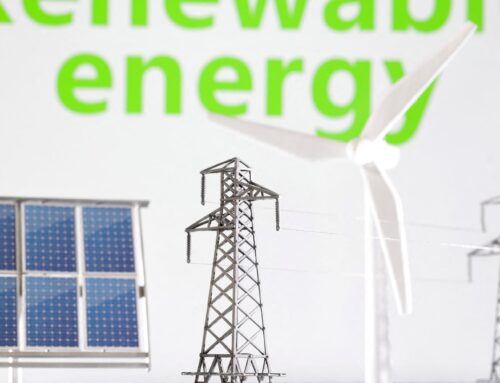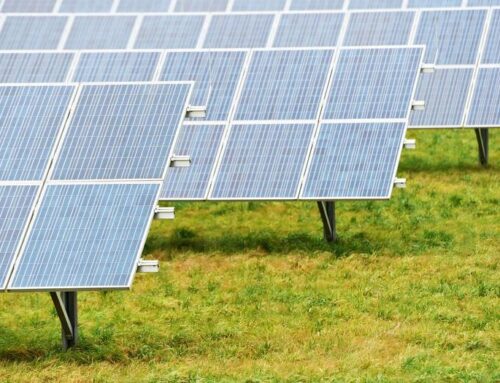Louisiana’s rapid LNG buildout hits stumbling block with judge’s ruling, a first of its ki
November 3, 2025
A first-of-its-kind ruling by a Louisiana judge has interrupted the state’s rapid buildout of its LNG industry, raising questions over whether regulators will have to look more closely at the facilities’ environmental impacts before granting permits.
The recent decision struck down a key permit for a liquefied natural gas plant over failing to consider the impacts of climate change, effectively halting construction for the multibillion-dollar project in Cameron Parish.
Environmental and community groups applauded the decision as an incremental win in an ongoing fight against the LNG export expansion in Southwest Louisiana, which they stress will damage the coast and emit polluting fossil fuels. State officials, meanwhile, vowed to appeal the ruling and praised the federal government for giving the facility an extension to build.
Judge Penelope Richard of Louisiana’s 38th Judicial District Court ruled October 10 that state regulators are required by law to consider the impacts that the export terminal will have on the coastal zone and nearby communities. She mentioned potential harms to “those living in poverty, and those who fish not only for recreation but for their livelihood, which has always been a defining characteristic of Cameron Parish.”
The decision invalidated a coastal use permit that the Louisiana energy department had granted to Commonwealth LNG, the company building the terminal. The approved facility is one of 13 LNG terminals existing, approved or proposed in Louisiana.
Richard noted in her judgment that Commonwealth would be the third LNG facility on the Calcasieu Ship Channel, located near Lake Charles and the Texas line. The state regulators have an obligation to consider all impacts of the project, “including the potential impacts on storm severity or sea level rise in the coastal zone together with two other LNG facilities,” she stated.
The state energy agency must prove that the benefits of the project outweigh the costs of the community before giving the company the green light to build.
The Louisiana Bucket Brigade and two national nonprofits, the Sierra Club and the Turtle Island Restoration Network, brought the case against the Louisiana Department of Conservation and Energy (formerly the Department of Energy and Natural Resources).
Eric Huber, an attorney at the Sierra Club, noted that the ruling was unprecedented: the first time that a court has invalidated an LNG permit based on climate change and environmental justice. Clay Garside, another attorney for the plaintiffs, called the ruling a “warning shot over the bow” for LNG companies and regulatory authorities that these concerns can’t be ignored.
Houston-based Commonwealth LNG did not respond to requests for comment. The Louisiana Department of Conservation and Energy said it cannot comment on pending litigation.
Tyler Gray, the director of the state energy agency until he stepped down in September, disagreed with the judge’s conclusion that the agency was required to independently analyze the impacts of climate change and environmental justice.
He also noted that the state relied on a federal environmental analysis in approving the permit. “Why shouldn’t you be able to use that in your own analysis?” Gray said. “Why do you need your own?”
He pointed to a court case decided last year between the Louisiana energy agency and environmental groups that reached the opposite conclusion, affirming the state’s coastal permit for a pipeline related to another LNG facility.
“Eventually this is what’s going to happen,” Gray said.
Federal approval
Louisiana Attorney General Liz Murrill said the state is appealing the decision. The ruling overreads state law and “ignores the actual facts in the record,” Murrill wrote in an email. She applauded federal regulators for doing “the right thing” in granting Commonwealth a four-year extension to finish construction of the facility.
In order to move forward with the proposed project, the company needs approval at both the federal and state level. The Federal Energy Regulatory Commission on Tuesday gave the company until the end of 2031 to finish construction.
The extension was in response to an Oct. 2 letter from an attorney for Commonwealth citing past litigation and “historic, unprecedented delays” under the Biden administration as primary reasons that the company had not finished constructing and begun operations. The company lawyers did not mention the separate state lawsuit in the extension request to FERC.
Environmental concerns
Louisiana has positioned itself as the epicenter of the global LNG export market. In 2023, the state produced more than 60 percent of the nation’s LNG exports. The technology at these massive facilities converts natural gas into liquid form by supercooling it, allowing the fuel to be loaded on tankers and exported worldwide.
Proponents of LNG tout job creation and the importance of supplying U.S. allies with fuel long seen as burning cleaner than coal. The Biden administration had paused approvals for new export permits for LNG plants in part to study the facilities’ impact on global warming, while the second Trump administration has approved LNG terminals and relaxed barriers that restricted use of the fuel.
Recent studies have found that natural gas may be no better than coal when taking into account leaks across the supply chain of methane, a powerful heat-trapper. Making LNG is more energy-intensive than burning natural gas alone, accounting for even more emissions.
Watchdog group Environmental Integrity Project released a report last week that reviewed public records and found all operating LNG export terminals in the country violated air pollution rules. The report highlighted multiple Louisiana facilities as some of the biggest polluters.
“We’re the bullseye of this destruction,” said Anne Rolfes, director of the Louisiana Bucket Brigade.
State industry leaders discredited the validity of the report. Tommy Faucheux, the president of the Louisiana Mid-Continental Oil and Gas Association, said the findings were “another in a long line of attempts to fearmonger by an activist organization.”
“US LNG is one of our nation’s most heavily regulated industries which has set the global standard for providing cleaner-burning and reliable energy to the world,” he said.
Search
RECENT PRESS RELEASES
Related Post




